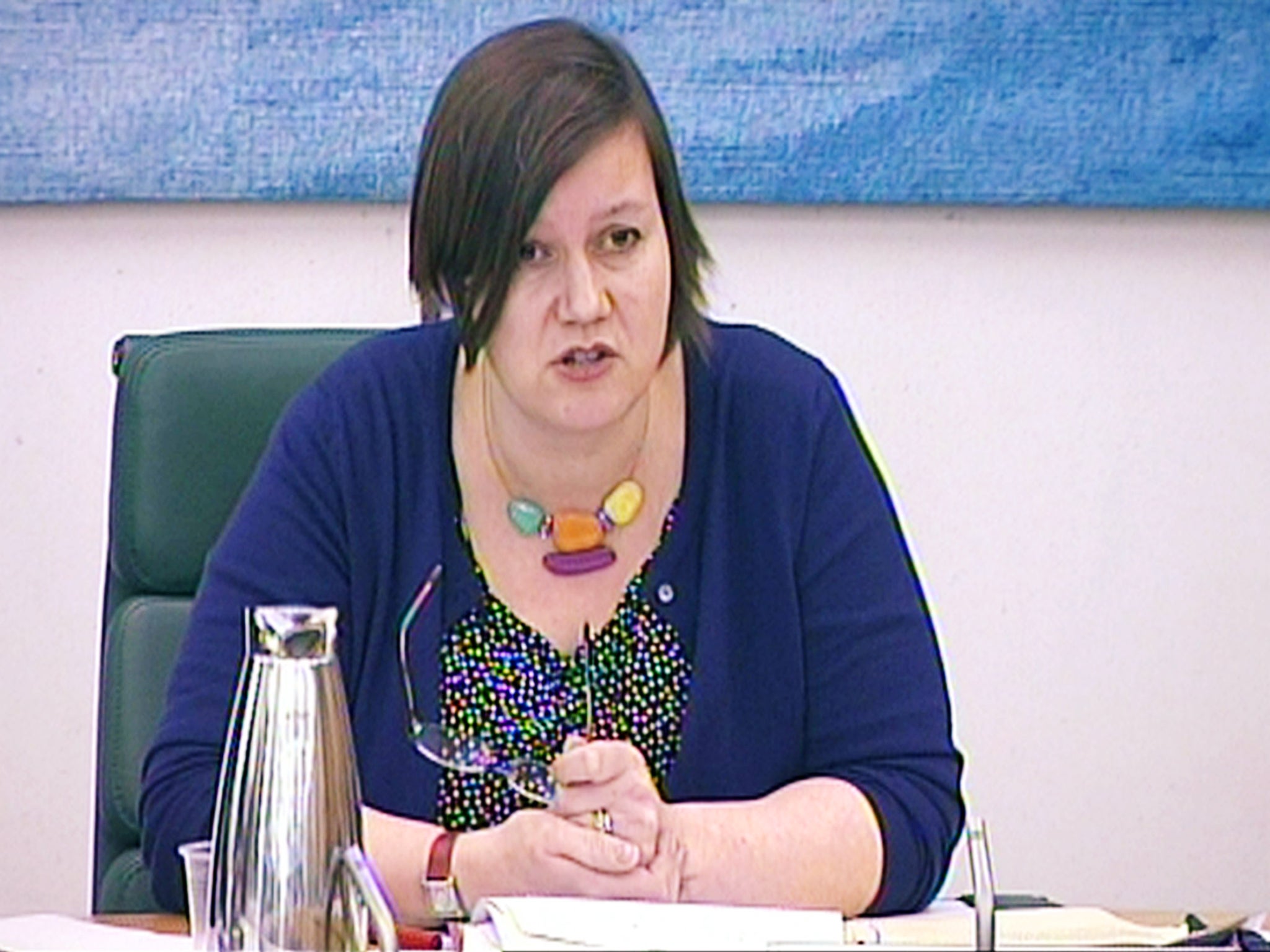Student loans sale by government failed to get good deal for taxpayers, MPs say
'When public assets are gone, they're gone - in the case of the student loans, for too little return'

Your support helps us to tell the story
From reproductive rights to climate change to Big Tech, The Independent is on the ground when the story is developing. Whether it's investigating the financials of Elon Musk's pro-Trump PAC or producing our latest documentary, 'The A Word', which shines a light on the American women fighting for reproductive rights, we know how important it is to parse out the facts from the messaging.
At such a critical moment in US history, we need reporters on the ground. Your donation allows us to keep sending journalists to speak to both sides of the story.
The Independent is trusted by Americans across the entire political spectrum. And unlike many other quality news outlets, we choose not to lock Americans out of our reporting and analysis with paywalls. We believe quality journalism should be available to everyone, paid for by those who can afford it.
Your support makes all the difference.The Government failed to get the best deal for taxpayers when they sold off student loans for less than half their £3.5bn face value, MPs have warned.
The Treasury took a “short-sighted” approach to the sale of public assets in its effort to reduce government debt, the Commons Public Accounts Committee (PAC) has concluded.
Last year, the Government sold the first tranche of student loans with a face value of £3.5bn for £1.7bn- a return of 48p in the pound.
Ministers are expected to “get the best possible deal” on behalf of the taxpayer – and this did not happen, the report says. The government received “too little in return” for what it gave up,“ it said.
However, the report acknowleged that MPs did not expect the Government to recover the face value of the loans in full as repayments rely on people’s earnings.
The Government's own analysis shows it would have recouped the £1.7bn sale price in just eight years if it had held off from selling the loans.
It says: ”Treasury's focus on reducing its 'public sector net debt' measure is a short-sighted approach which fails to convince us that the deal is the best one for public sector finances in the long term.
“The willingness to accept offers from investors if they exceed government's theoretical 'opportunity cost' of holding the assets runs the risk of accepting too low a price.”
The damning report came after universities minister Sam Gyimah recently confirmed that the Government is planning to sell off another group of English student loans.
In light of this announcement, MPs call on the Government to “think carefully about whether its modelling is sufficiently developed to do justice to the real long-term value of these public assets.”
Meg Hillier, chair of the PAC, said: “Government will need to learn quickly from the weaknesses of this sale if it is to secure the best deal for taxpayers in future. When public assets are gone, they're gone - in the case of this first student loans sale, for too little return.”
She added: “It is troubling that the Government could have expected to recoup the £1.7bn sale price in just eight years.
“Decisions on asset sales must fully consider value for money but I am not convinced that this transaction, with its narrow and short-term objective of reducing public sector net debt, is fully compatible with that principle.”
A Government spokesperson said: “We are confident that we achieved value for money for taxpayers from the first sale of student loans.
"As the National Audit Office has found, we received more for the loans than the value to Government of retaining them, further strengthening the public finances.
“Student loans are designed so that borrowers only repay when they can afford to - this gives more people the chance to go to university and get on in life, but, as the Public Accounts Committee recognises in its report, this also means many students will never fully pay back their loans.
“We welcome the report from the Committee and will issue a full response in due course.”
Join our commenting forum
Join thought-provoking conversations, follow other Independent readers and see their replies
Comments